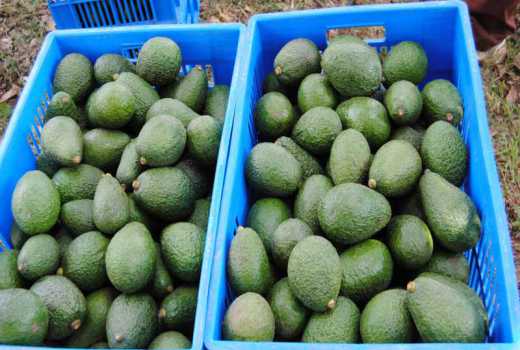×
The Standard e-Paper
Fearless, Trusted News

Avocado farming has become a big-league agro-enterprise with various market forces including border control, climate and global appetite for avocado favouring Kenyan producers.
The Hass avocado, a premium product in the Middle East and Europe has especially gained popularity in the ready-to-eat segment, with consumer appetite changing gradually from the green-skinned varieties to the pebbled, purple-black skin Hass.